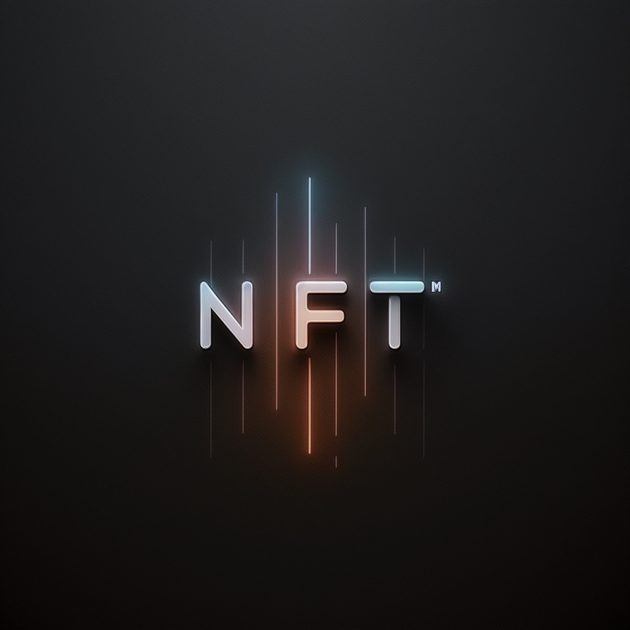Cryptocurrencies and non-fungible tokens (NFTs) are digital assets that have gained popularity and value in recent years. However, they are also subject to various laws and regulations in the United States, depending on the state and the federal level. Crypto investors and NFT creators should be aware of the legal implications and risks involved in dealing with these assets, as well as the opportunities and benefits they offer.

At the federal level, cryptocurrencies and NFTs are mainly regulated by the Securities and Exchange Commission (SEC), the Commodity Futures Trading Commission (CFTC), the Financial Crimes Enforcement Network (FinCEN), and the Internal Revenue Service (IRS). These agencies have different definitions and classifications of digital assets, depending on their nature, function, and use. For example, the SEC considers some cryptocurrencies and NFTs to be securities, which means they have to comply with registration, disclosure, and reporting requirements. The CFTC treats some cryptocurrencies as commodities, which means they are subject to anti-fraud and anti-manipulation rules. FinCEN requires crypto service providers to follow anti-money laundering (AML) and know-your-customer (KYC) regulations. The IRS treats cryptocurrencies and NFTs as property, which means they are subject to taxation rules.
At the state level, cryptocurrencies and NFTs are regulated by different laws and agencies, depending on the jurisdiction. Some states have enacted specific legislation or guidance for digital assets, while others have applied existing laws or regulations to them. For example, New York has a BitLicense regime that requires crypto service providers to obtain a license from the Department of Financial Services. Wyoming has created a special legal framework for digital asset custodians, known as special purpose depository institutions (SPDIs). California has proposed a bill that would regulate NFTs as collectibles under the Consumer Protection Act. Texas has issued a guidance that clarifies the status of cryptocurrencies under the Money Services Act.
Crypto investors and NFT creators should consult with legal experts before engaging in any transactions or activities involving digital assets in the US. They should also keep up with the latest developments and changes in the laws and regulations that affect them. By doing so, they can avoid potential legal issues and penalties, as well as take advantage of the opportunities and benefits that crypto investing and NFT creation offer.

